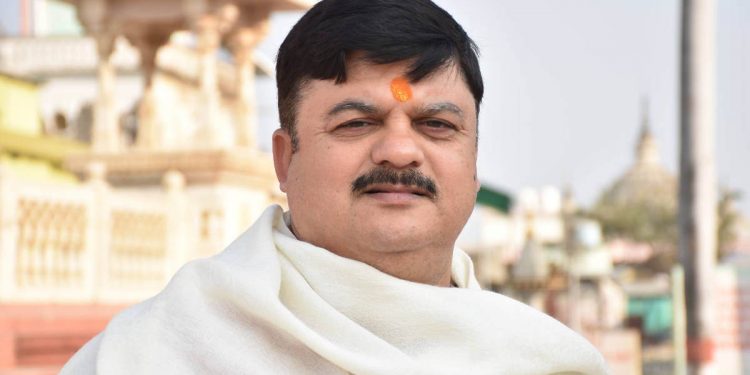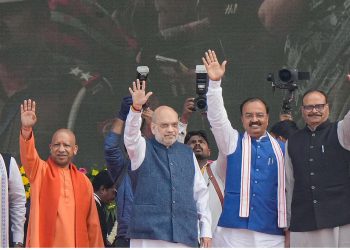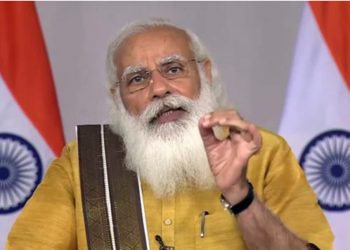Ayodhya — the city that recently drew global attention with the consecration of the Ram Temple — is once again in the headlines, this time for all the wrong reasons. A government audit has uncovered alleged financial irregularities amounting to nearly ₹200 crore within the Ayodhya Municipal Corporation, sending shockwaves through Uttar Pradesh’s political landscape.
According to a confidential audit report prepared by the Deputy Director of the Local Fund Audit Department for the fiscal year 2023–24, the city’s municipal administration is accused of misusing state grants, diverting budgets, and making irregular payments, including those to a blacklisted contractor.
Officials confirmed that the damning report has been forwarded to the Secretary of Urban Development, the Accountant General, and Divisional Commissioner Rajesh Kumar, who in turn has directed Municipal Commissioner Jayendra Kumar to initiate appropriate action.
POLITICAL EARTHQUAKE IN AYODHYA
The revelations have triggered an all-out political slugfest between the ruling BJP and the Samajwadi Party (SP).
In a fiery press conference, SP national spokesperson and former minister Pawan Pandey alleged that the massive financial discrepancies were linked to the lavish expenditures during the Ram Temple consecration ceremony in January 2024.
“The audit report exposes how Ayodhya’s development funds were looted in the name of devotion,” Pandey charged, demanding a high-level inquiry and accountability from the mayor.
The allegations have provided ammunition to the opposition, eager to target the BJP-led Ayodhya administration ahead of the upcoming civic and assembly polls.
MAYOR HITS BACK: ‘POLITICALLY MOTIVATED ATTACK’
Responding to the allegations, Ayodhya Mayor Girish Pati Tripathi vehemently denied the charges, calling them “baseless and politically motivated.”
He said the municipal body is preparing a detailed, point-by-point rebuttal to the audit’s objections.
“The report’s observations are under review. If any procedural lapses are found, strict action will be taken against those responsible,” Tripathi stated.
“But this is clearly a conspiracy to malign Ayodhya’s image and derail its rapid development.”
Tripathi also accused the Samajwadi Party of “frustration and jealousy” over Ayodhya’s transformation since the Ram Temple inauguration, claiming that the opposition was deliberately trying to “defame a sacred city for political mileage.”
WHAT THE AUDIT REVEALED
Sources close to the audit team suggest that the report highlighted:
Irregular budget allocations and non-transparent payment processes.
Unauthorized expenses made under special grants.
Questionable tenders awarded to firms with prior blacklisting records.
Possible violations of municipal financial protocols.
The report has prompted state officials to consider an internal probe and disciplinary proceedings against involved officers.
WHAT LIES AHEAD
As the state government mulls over the findings, pressure is mounting from both political sides. While the opposition demands a CBI or vigilance inquiry, BJP leaders insist that due process will reveal the truth and that “development will not be derailed by baseless politics.”
The audit controversy has not only put the Ayodhya administration under scrutiny but also raised uncomfortable questions about financial transparency in the city’s post-Ram Mandir era, where billions have been pumped into infrastructure, tourism, and civic works.
With both camps trading barbs and the state machinery on alert, Ayodhya — the symbol of faith and renewal — now finds itself at the center of a political and financial firestorm.










Discussion about this post